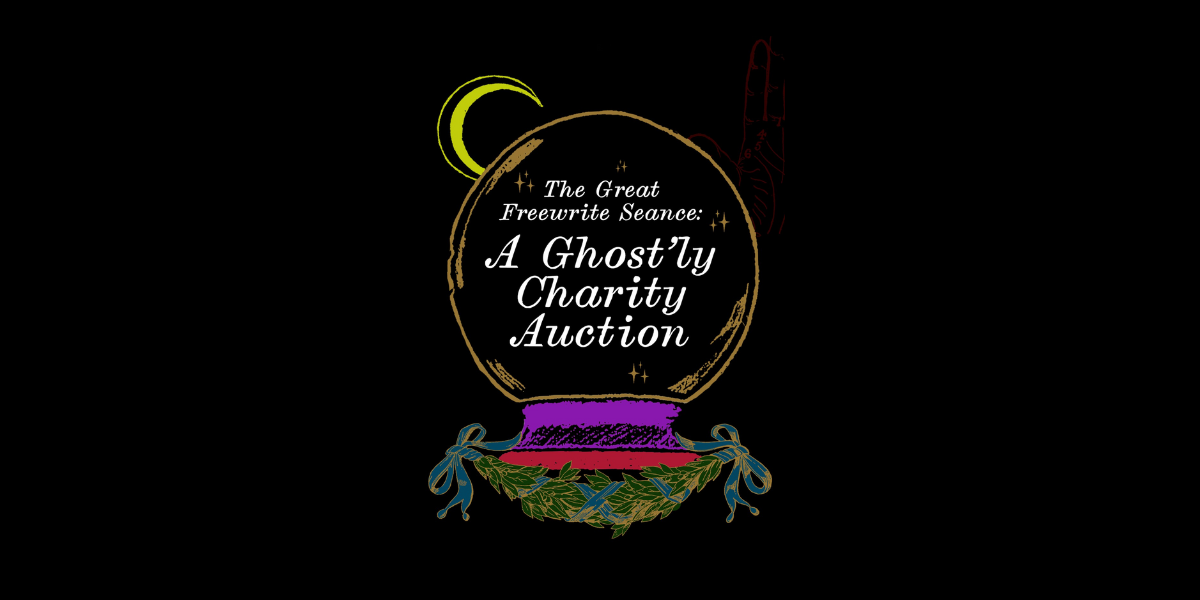How often do you use the word “tapestry” in your everyday speech? How about “delve”? Does “testament” regularly show up in your text chains?
Many of us would probably say no, and for good reason. These words didn’t secure a spot on the “500 Most Popular English Words” list. Realistically, they likely didn’t make the Top 1,000 either.
Yet, these terms have recently seen a massive increase within written content. For example, Jeremy Nguyen, PhD, conducted a study in March 2024 where he found that .5% of all articles on the research site PubMed contained the word “delve.” Compare this to 2022, when that figure was less than .1%.

So what changed in this 15-month span? Why the sudden spike in scholars using the term?
ChatGPT came out in November 2022. And we’re now discovering that ChatGPT favors certain words, including (you guessed it) delve, tapestry, and testament.
This has been a warning siren for language enthusiasts across the globe.
How is it that ChatGPT has chosen these seemingly random words as its favorites? And more importantly, with its rapid ascension, will artificial intelligence (AI) have the power to shape our vernacular in the near future?
It seems the answer is (ironically enough) very human.

AI in Our Everyday Lives
While AI seems to many like a new technology that appeared overnight, it’s been around in subtle ways for years.
The facial recognition that opens your phone? That’s a form of AI.
Netflix recommending you watch Peaky Blinders after finishing Breaking Bad? Another type of AI.
That chatbot that asks for your symptoms before sending a message to your doctor? An example of AI.
However, these weren’t examples of the stereotypical AI many of us imagine now. Those were small systems that helped us finetune an already-working piece of technology (our phone, streaming application, health portal).
It wasn’t until recently that we were presented with a new kind of artificial intelligence that could seemingly think for itself, in the form of generative AI, like OpenAI’s ChatGPT.
But these technologies don’t actually think for themselves. Instead, they analyze an extraordinary amount of information — the equivalent of millions of books — and use that data to spit out answers to our queries.
Yet, the AI doesn’t actually understand what it’s telling us. Kem-Laurin Lubin, Ph.D-C, created a helpful metaphor to explain this concept:
The folks over at OpenAI weren’t naive enough to send their untrained chef blindly out into the world. Instead, they use humans to coach their cook-in-training on what meals — AKA lines of copy — sound the most appetizing.

The People Behind AI’s Lexicon
The process of rating the responses that AI has concocted is called Reinforcement Learning from Human Feedback (RLHF). And here is our first clue to why ChatGPT leans on certain terms so heavily.
It’s not cheap to employ an army of testers to rate potentially endless responses from AI. So (as they tend to do) corporations outsource these jobs to lower income countries. In these places, English is often a second language.
It’s typical for non-native speakers to have a more formal way of talking, as slang isn’t typically taught in language courses. (Hence why your high-school Spanish sounds a little off in Spain.)
Certain areas also gravitate toward certain terms. It’s why the same room is called a “washroom” in Canada, “bathroom” in the U.S., and “loo” in Britain.
All these factors weave together as non-native English speakers speak the language more frequently, leading each nation to develop their own version of the “Top 500 Most Popular English Words” list.
All these factors weave together as non-native English speakers speak the language more frequently, leading each nation to develop their own version of the “Top 500 Most Popular English Words” list.
When we start dissecting the English preferences of countries who are typically targeted for cheap labor, we’re led to Nigeria. In Nigerian-English, “delve” is a fairly common word to use in professional language.
Therefore, when Nigerian testers are telling ChatGPT what responses sound genuine to them, they’re favoring the responses with words they typically use — like delve.
And voilà: the mystery of these words’ rise in prominence has a logical answer. And that begs the question:
As we use AI more, and consume AI-written content more frequently, will these AI-favored words will slowly become more pervasive in native English speakers’ lexicons, too?
Ultimately, this brings into question the evolution of language itself.

The Natural Progression of Language: AI or Not
In one way, AI has already affected our vernacular. In the last few years, we’ve added terms like large language model (LLM), generative AI (GenAI), and GPT (the full name being Generative Pre-training Transformer) to our dictionaries.
But this isn’t unique to AI. Each technological boom has brought a wave of new words, along with the death of others. We no longer say we need to “tape” something (in reference to recording a show) because:
A) few people record shows in the age of streaming services
B) no one uses VHS tapes anymore
At the same time, other terms tend to stick around. We no longer have to physically put our phone back on the hook to end a call, yet most of us still say we’re going to “hang up.”
Our lexicon is also affected by current events. “Social distancing” became commonplace to use during the COVID-19 pandemic, despite none of us ever using the term prior to 2020.
Pop culture and social media are also huge players in our lingo. “Rizz” entered our vocab in 2023 after YouTuber and Twitch user Kai Cenat first coined the term. If you’re not hip with the kids, “rizz” refers to one’s charisma or “swagger” level. (Yes, I felt old writing that.)
The point is, we’re constantly adopting new phrases and updating our jargon. And how often we use particular words or phrases is influenced by the people we talk to on a daily basis and also the content that we consume.
As more and more of the media we consume comes from generative AI, could this influence the changing of our lexicon more rapidly than ever before?
It's possible. Even likely.
But a change in language isn’t necessarily a bad thing. That’s just what languages do.
But a change in language isn’t necessarily a bad thing. That’s just what languages do.
However, there is one potential linguistic consequence of AI that hasn’t been addressed yet. For this, we’re going to have to broaden our scope.

AI’s Potential Impact on Smaller Languages
Up until now, we’ve been focusing on AI and the English language. This is because English content dominates the internet, which is the raw data that AI pulls from — meaning ChatGPT works most effectively in English.
But less than 5% of the world speaks English as their first language. As the world becomes more reliant on AI — and that AI favors English — what does that mean for smaller languages?
Icelandic linguist Dr. Linda Heimisdóttir points out that with the rise of AI, there is a real risk of digital death for smaller languages like her own, which only has a few hundred thousand speakers.
One of the reasons comes down to ease of use. Apple’s Siri doesn’t understand Icelandic, so it’s easier to say a command in English. If you try to run a Google search in Icelandic, you get few results. Autocomplete and spell checkers aren’t nearly as intuitive with Heimisdóttir’s native tongue as they are with English.
If you were an Icelandic teenager and wanted to make the most of AI, would you find yourself leaning more into English than your native tongue? This is how the extinction of a language begins.
If you were an Icelandic teenager and wanted to make the most of AI, would you find yourself leaning more into English than your native tongue? This is how the extinction of a language begins.
However, we don’t need to start planning any phonetic funerals quite yet. Heimisdóttir is optimistic that if AI developers realize this could be a consequence of their technology, they can proactively work with ambassadors from small languages to integrate their languages early on. Heimisdóttir has proven this is a possibility in her work partnering with OpenAI.
If they succeed in doing this, Heimisdóttir believes, “The future of linguistic diversity is bright.”

Balancing AI and a Human-Built Vocabulary
If you’re dead set on keeping these AI-preferred words from entering your lexicon, fear not. You can educate yourself on ChatGPT’s common phrases to steel yourself against these terms seeping into your jargon.
You can also use this knowledge to more easily spot AI-written content that comes across your screen.
Yet, this writer thinks a cautious awareness is enough to keep my mind at ease. Because really, languages are always changing, and a little Nigerian-English influence doesn’t sound half bad to me.


























